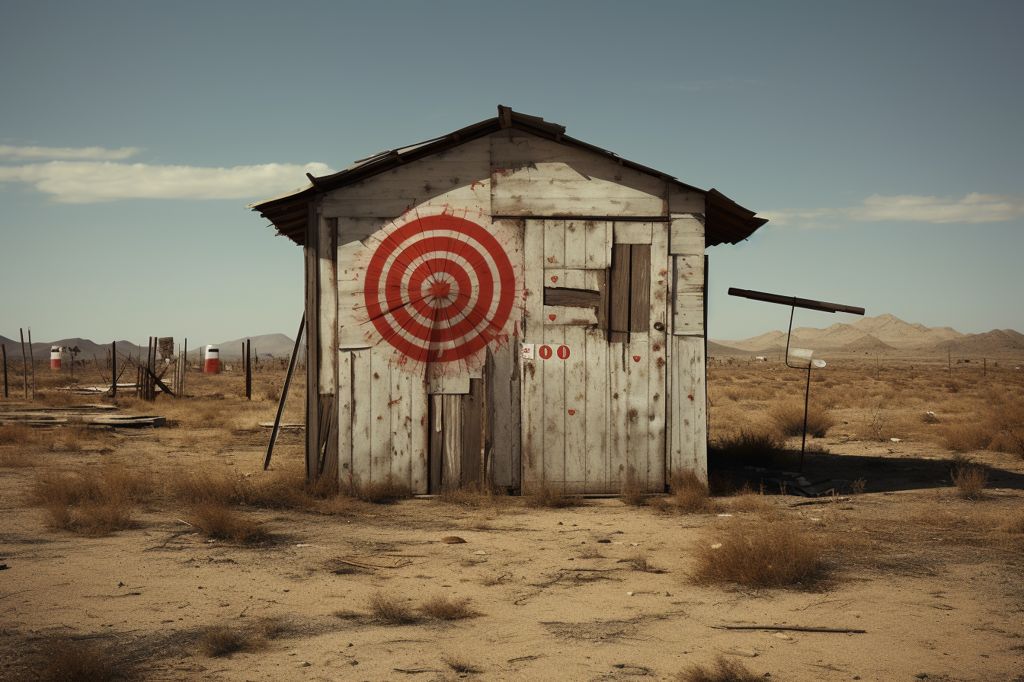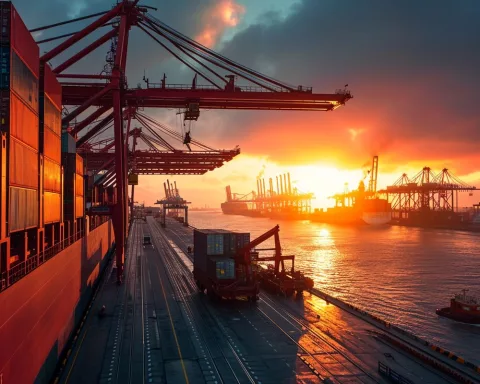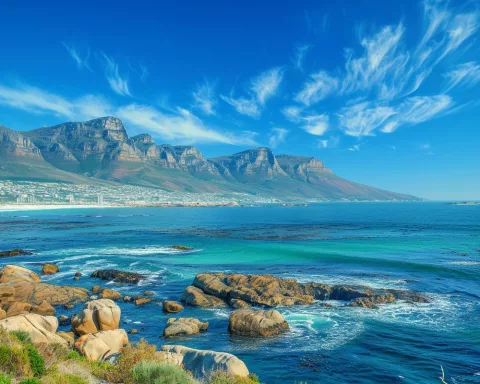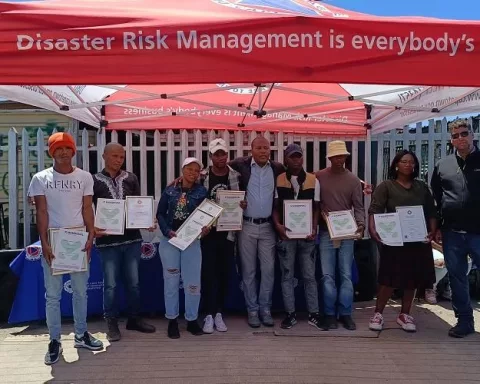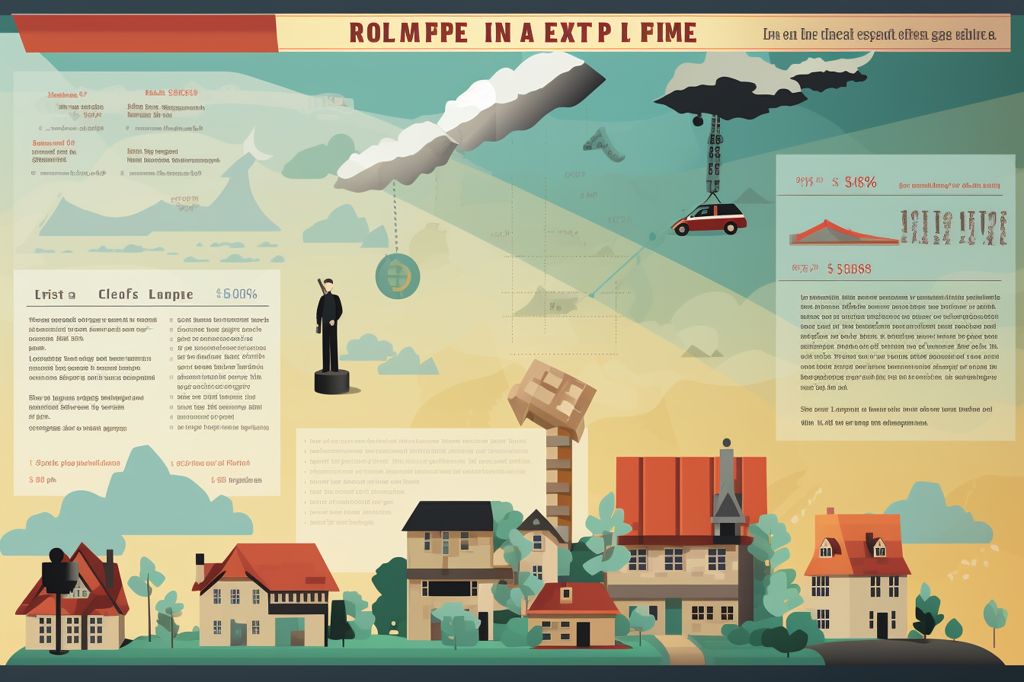The current state of informal settlements in Cape Town is causing widespread fear and turmoil among residents. Families are evacuating two informal settlements, Siyakhana and Siyahlala, due to threats from backyarders and residents of Mandela Park.
Backyarders Demand Housing and Threaten Eviction
Backyarders, including some SANCO members, are seeking to gain from housing they anticipate will be constructed on the land. However, the City of Cape Town has stated that the land has been “lost” for housing purposes.
Backyarders and SANCO leaders have reportedly gone door-to-door, ordering land occupiers to vacate and sometimes threatening them with firearms. Additionally, they have severed electrical connections to the settlements and threatened to demolish the shacks.
Families Evacuate Amid Threats and Intimidation
According to Siyakhana community leader Nzondi Javu, 77 families have left Siyakhana and Siyahlala recently. The remaining land occupiers have begun guarding their shacks, sometimes skipping work to ensure their homes are not destroyed.
Acting Mayco member for Human Settlements, James Vos, has said that 1,906 “housing opportunities” have been lost due to the occupation, and “homes will not be built on the unlawfully occupied, lost land.” Despite this, the City is not trying to evict Siyakhana and Siyahlala residents.
However, Javu stated that ward councillor Rider Mthwalo had ordered the informal settlement residents to leave during a community meeting last week. Javu further claimed that Mthwalo had threatened to remove them from the land, an act of intimidation that prompted a case against him.
Living in Fear and Uncertainty
Residents of Siyakhana and Siyahlala are now living in fear and uncertainty. Many land occupiers now possess weapons for self-defense. Some land occupiers have left, while others remain behind, living in fear.
Nomncedisi Mancoba, a Siyakhana resident, said she had no choice but to stay, having moved onto the site in July 2020 and invested in the improvement of her shack, including the installation of water taps. Mamiya Damba, chairperson of the SANCO area committee near Siyahlala, has requested a list of land occupiers’ names to be added to the Western Cape Department of Infrastructure housing list.
Denial of Threats and Violence
SANCO area committee chair near Siyakhana, Khaya Xintolo, denied the allegations of threats, stating that the Mandela Park community, not SANCO, wanted the land occupiers to leave. Damba denied threatening the land occupiers and claimed she had only asked them to return to their rented accommodations to allow the housing project to proceed.
City’s Response
Vos confirmed that 261 homes are being built in the unoccupied areas for qualifying beneficiaries. Despite the loss of thousands of opportunities due to unlawful occupation, he said the City was doing its best to provide affordable housing. Moreover, he emphasized that violence or threats against residents were “completely unacceptable” and must be reported to the SAPS.

